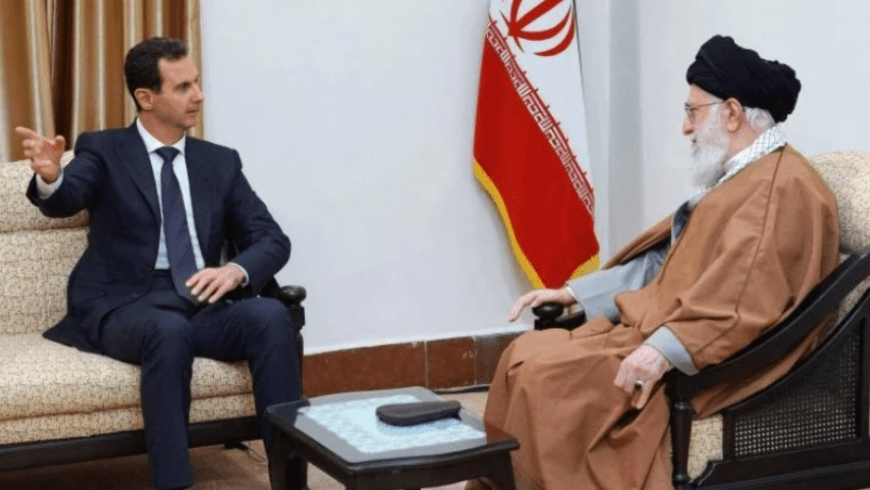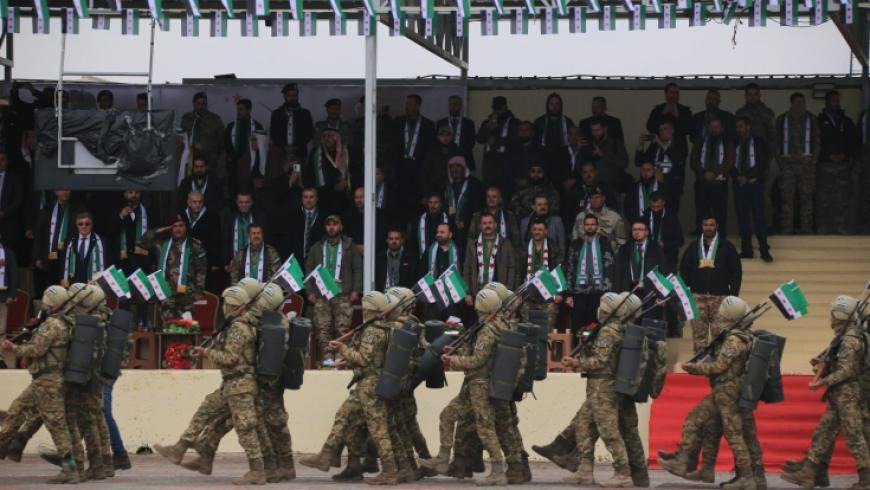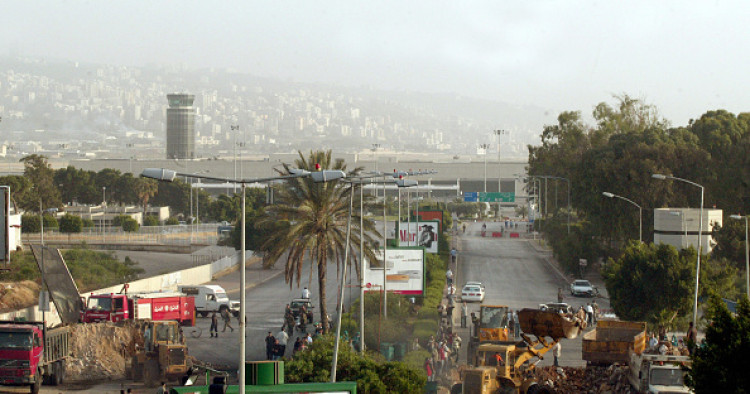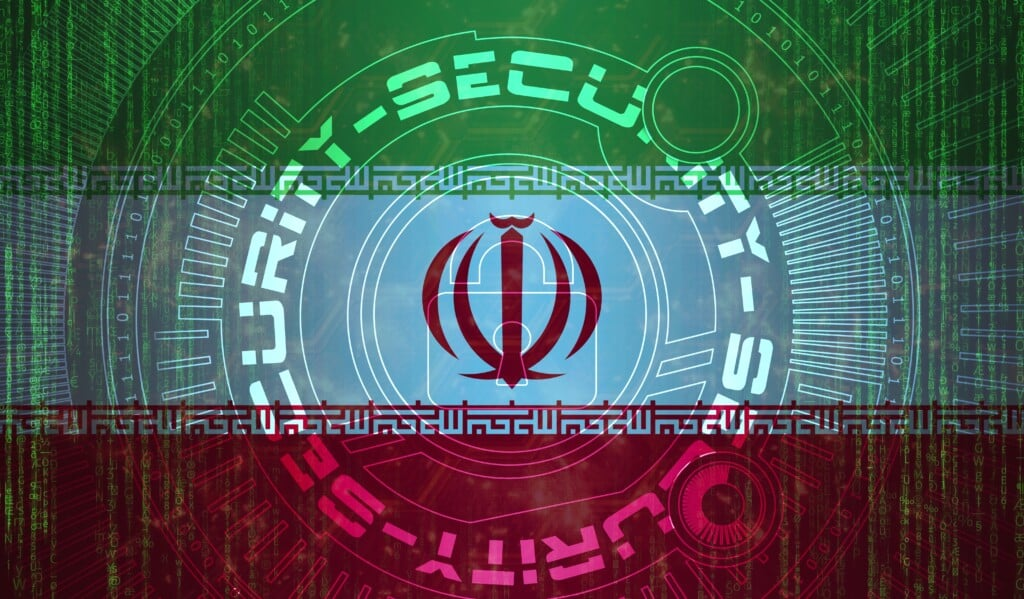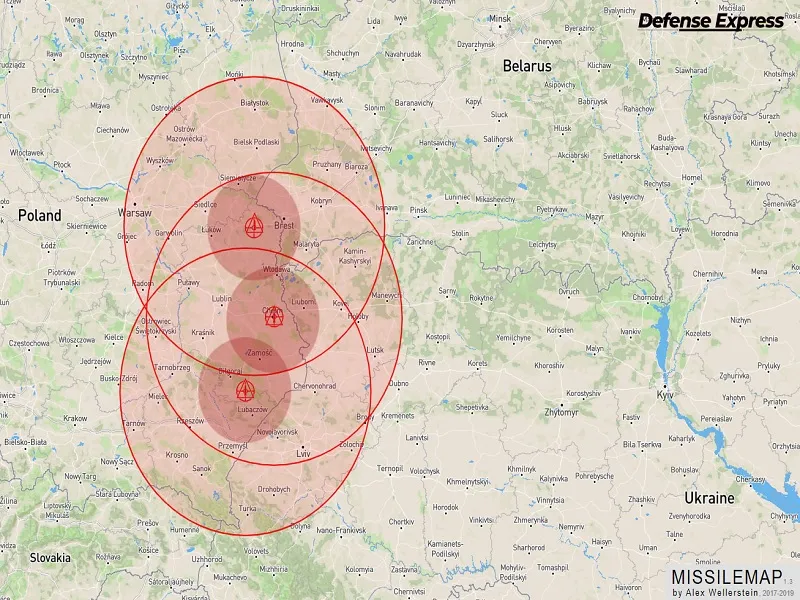The Geopolitical Implications of Libya’s Intractable Crisis

The ongoing rift between political leaders in eastern and western Libya briefly roiled the oil market last week, as both sides seek to control the state’s assets to further their objectives.
As has been the case in several regional countries, United Nations, U.S., European, and other mediators have failed to persuade rival factions to implement a roadmap to forge a unified political and security structure.
Libya’s political crisis has provided opportunity for regional and global actors to empower Libyan factions to advance their agendas.

